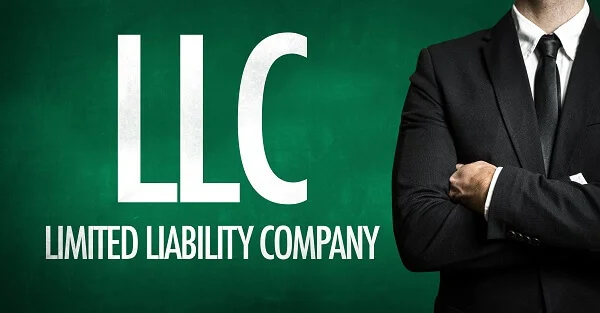Different California Counties Have Particular Requirements
Recreational marijuana use has been legalized in the state of California, and now anybody in the state can grow, process, sell, and use the plant for any purpose, right? Don’t go lighting up joints in on the steps of the county courthouse just yet. Where you live in the state might make a world of difference in the eyes of the law.
Although California recently passed a statewide ballot measure making the use of recreational marijuana legal for adults aged 21 and over, cannabis laws in the state are still focused heavily on the local level. Each of California’s 58 counties is permitted to make a wide range of rules regarding cannabis use, as well as to regulate businesses that provide medical or recreational marijuana.
To ensure you’re complying with every applicable rule when starting a cannabis business, it’s important to pay attention to county and local rules, as well as to state and federal ones. You can never be too cognizant of the law when dealing with a substance that is classified as a Schedule I drug at the federal level. Here are some points to keep in mind.
Cultivation, Manufacturing, and Retail May All Have Different Rules
California’s new state law allows adults ages 21 and older to use marijuana and to possess a specified amount for personal use. It also sets guidelines for regulating businesses that handle cannabis.
Businesses, however, may “handle” cannabis in a number of different ways:
by selling cannabis products to customers,
by processing marijuana plants into various forms for use,
by growing the plants,
by transporting plants, plant parts, or manufacturing results, or
by doing any or all of the above.
Some counties allow certain types of these activities, while banning others. Some allow all of them, while others have banned all of them. It’s important to know where you stand before you begin.
Check Local Ordinances Too
Even within counties that allow a broad range of cannabis-related activities, the county may have chosen to defer to local and municipal governments on particular points. For instance, even if your county allows retail sales of cannabis, your city or town may not. These local ordinances can affect everything from where you set up your business to what you put on your signs – or even if you can run your business at all. Double-check to ensure you’re on the right side of local ordinances before you invest significant time or money into a particular location.
Speak to an Experienced California Lawyer Today
The web of laws related to marijuana use, cultivation, processing, storage, and transport is a complex one. If you’re planning to enter this new and exciting business, it helps to have the guidance and support of an experienced attorney. At CKB VIENNA LLP, our lawyers seek to help clients realize their business goals while complying with applicable laws at every level. To learn more, contact us via our online form or call one of our offices. We have locations in Rancho Cucamonga County, San Bernardino County, and Los Angeles County to better serve our clients.





















